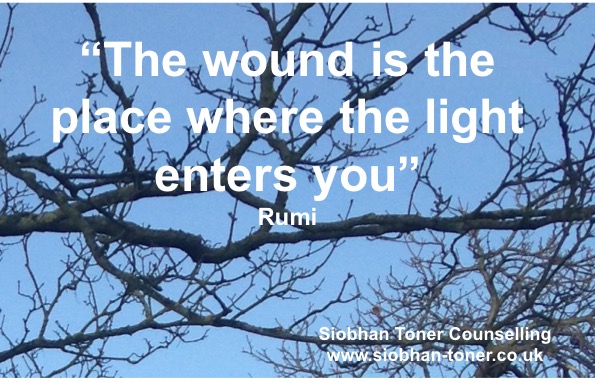I was really bothered by a news story a few days ago and very angry at the ignorance the individual at the centre of it displayed.
I don’t want to link to it and give it more attention, but basically a young man had no idea on what it was like for women to have their periods but felt qualified to spout opinions on the tampon tax which completely denied female anatomy.
How would I work with someone like this in the therapeutic space? Could I?
As therapists we can hear opinions that we disagree with every day, our client’s views and values may be different to ours and it’s something we have to find a way to cope with.
Like any model of therapy, the Person-Centred Approach has a lot of theory behind it but Carl Rogers the founder crystallised it into three Core Conditions. If these are present, then change can occur for the client.
The first is congruence, that the counsellor is congruent with the client. In respond to the opinions above, my first thought would be “You are a bloody idiot” but that really doesn’t sit with the next two conditions so maybe I will come back to that.
The second condition is that the therapist extends unconditional positive regard to the client. Rogers described this at times as “Prizing” his clients. If I think my client is an idiot, then that doesn’t really work.
The third condition is showing empathic understanding to the client. Letting them know you really get where they are coming from. It’s when I thought more about this I felt my views shift. What does a young man really know about a female body? He might have done some biology but not have been academic or too busy sniggering to take much notice. When it comes to the topic of our periods, we as females don’t on the whole share the details with men. If we don’t talk about the details, how do they really understand? Especially someone who is young and inexperienced.
So a way of showing my empathy might go something like “I understand that this is what you believe based on your knowledge of the female body….” because from the point of view of this person, that is truly what he believes.
Showing congruence with this perspective might mean adding “I know from my experience as a woman you are wrong in your view and I have to say that to you as otherwise it will get in the way of our working together”. How I say this, with an open and friendly manner can let the client see that I can still prize him while disagreeing with his opinion on this topic.
Unconditional positive regard doesn’t mean accepting everyone does as ok, it means being able to still value the person even if we dislike some of their behaviour or opinions.
However, I have to confess it took me a few days to really be able to begin to feel empathy with these views, so I don’t know if I could have got there in a therapy session.

